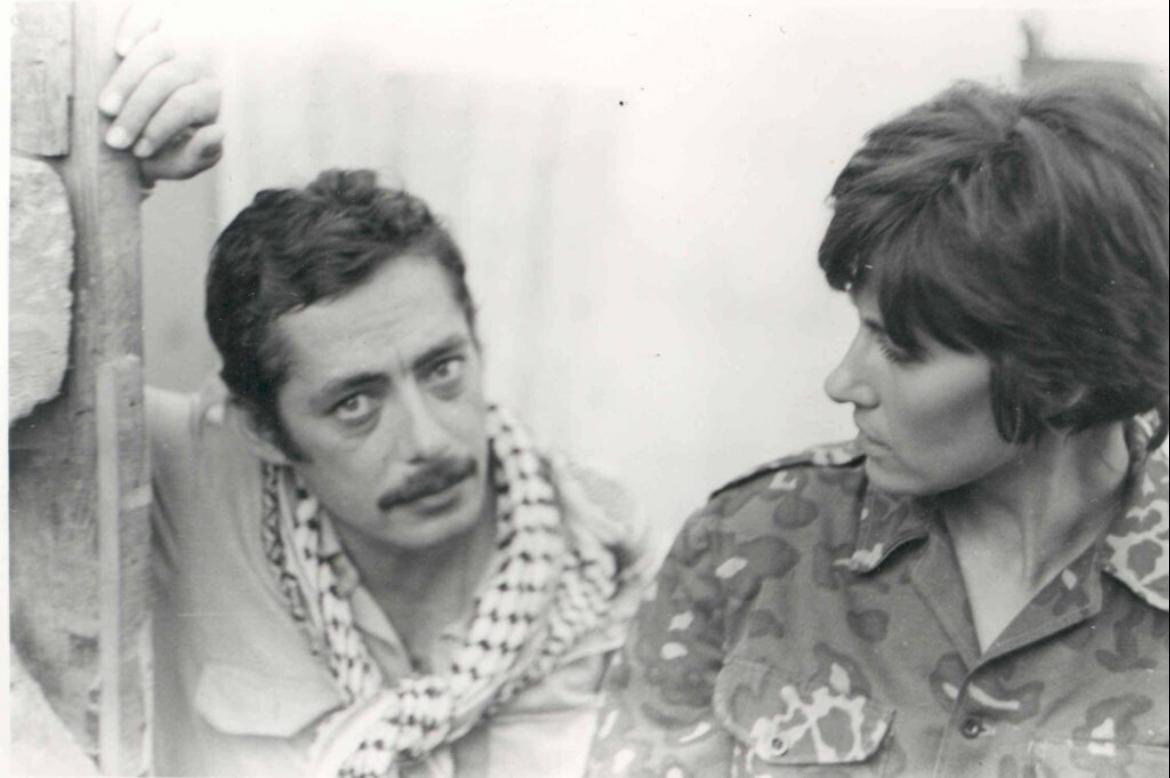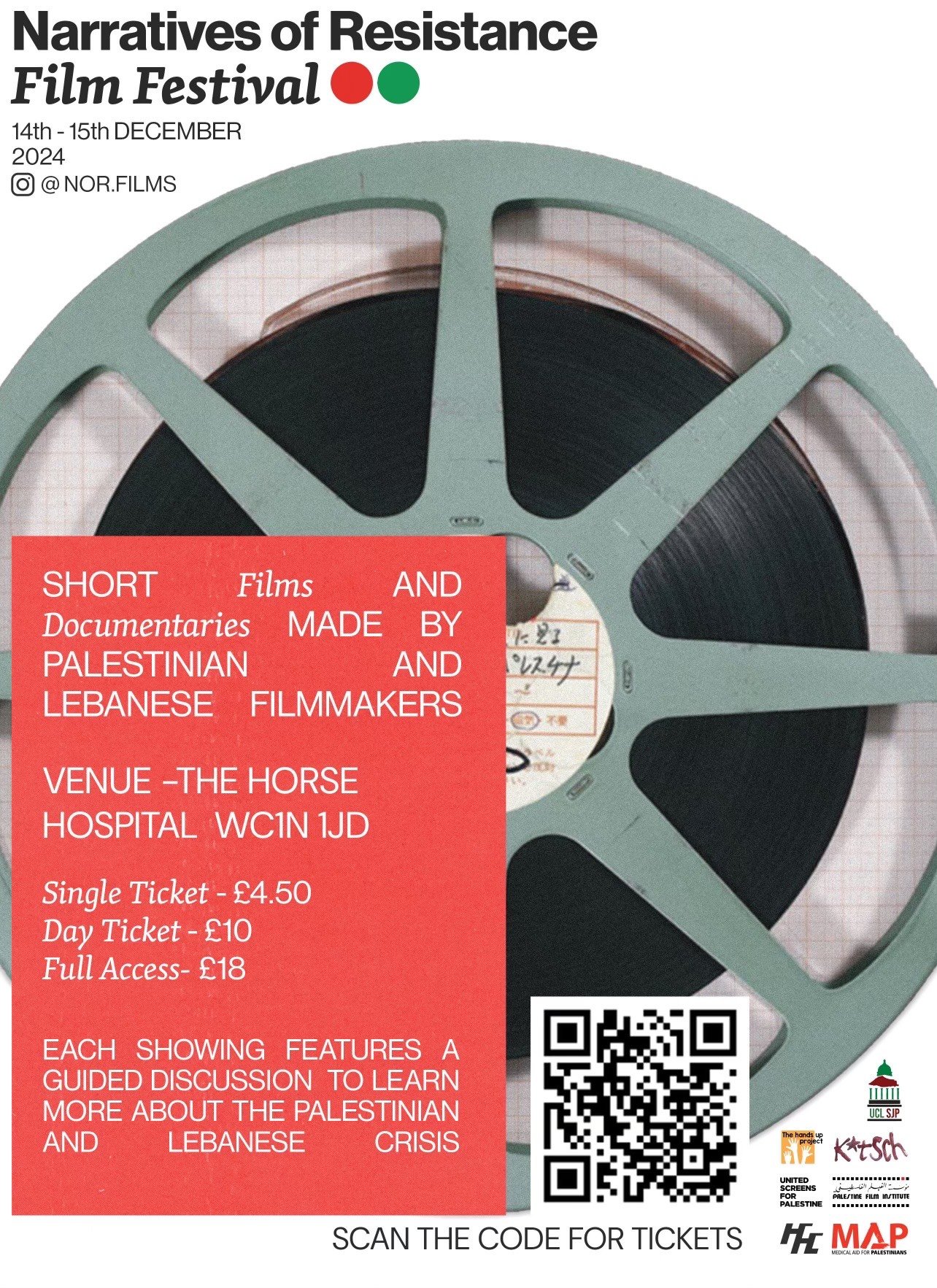TEXT BY BETH MCKENZIE
Narratives of Resistance sees the power of cinema in reflecting the reality of living under occupation in Palestine and Lebanon.
Still from One Hundred Faces for a Single Day, 1971, dir. Christian Ghazi.
Arguably, all cinema is political. Overt or otherwise, film has been a crucial element in the socio-political fabric of nations - in all their beauty and ugliness - for nearly a century. I am of the opinion that to say otherwise is to choose ignorance; they do say it’s bliss after all. The counter argument states that just because we can ascribe politics to any given film does not mean the film is political per se. But film can at the very least serve as a mirror (two-way if you share the former view) that reflects our individual and collective experiences. In its most philanthropic form, the film screen displays the stark realities of oppressed communities and the emotional intricacies of its characters embroiled in political turmoil.
Cinema has been integral in portraying the human experience of the ongoing genocides in Palestine and Lebanon, offering an insight into the everyday lives of those living under occupation and establishing historical links between the traumatic events of their present and their antecedents. This is something Narratives of Resistance (NoR) recognise very clearly. As an independent group seeking to raise funds for Palestine and Lebanon, NoR operates across six cities: Hong Kong, Malaysia, Athens, Melbourne, Nottingham, and London. In mid-December, NoR will host a miniature film festival, screening six short films and documentaries from the Palestine Film Institute, each of which is followed by a moderated discussion led by various authors and university professors, encouraging audiences’ full engagement with Palestine and Lebanon’s history.
The first of these films focuses on the idea of childhood in the resistance. Jacques Madvo’s 1971 feature Blown by the Wind presents a series of drawings made by Palestinian children who have been displaced to Lebanon after the 1967 Six-Day War. Whilst the innocence of these children who have been forced to grow up at an alarming rate is devastated by the violence that surrounds them, resistance is seen in the form of art and song.
Khadijeh Habashneh’s Children without Childhood (1980) equally highlights this unjust loss of childhood innocence. Produced by the Palestine Cinema Institute (PCI) and General Union of Palestinian Women (GUPW), the film highlights those children orphaned during the Tel al-Zaatar massacre in Beirut in 1976. Habashneh’s film shows, in contrast to the United Nations Declaration, the harsh reality for many children living under these conditions and confronted with death and violence on a regular basis.
Two other films that will be screened by NoR present the historical endurance of Palestinians and Lebanese in the face of increasing assaults on human life (Newsreel’s Revolution Until Victory, 1976 and Abdel Salam Shehada’s To My Father, 2008) whilst others offer a critique of those who engender such violence (Christian Ghazi’s One Hundred Faces for a Single Day, 1971 and Jocelyne Saab’s South Lebanon: Story of a Village Under Siege, 1977). Each entry however shares one thing in common: a commitment to displaying the enduring hope of Palestinian and Lebanese spirit, a hope that remains crucial as we continue to fight against the atrocities they face.
Tickets for the NoR film festival in London on 14th & 15th December can be purchased here.
All ticket revenue will be donated to ‘Medical Aid for Palestinians’, an organisation that delivers aid to both Palestinians and Lebanese.




